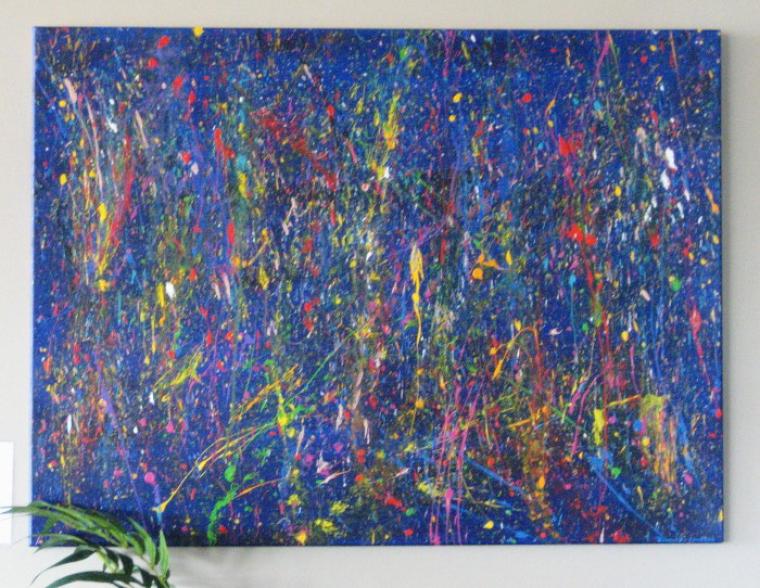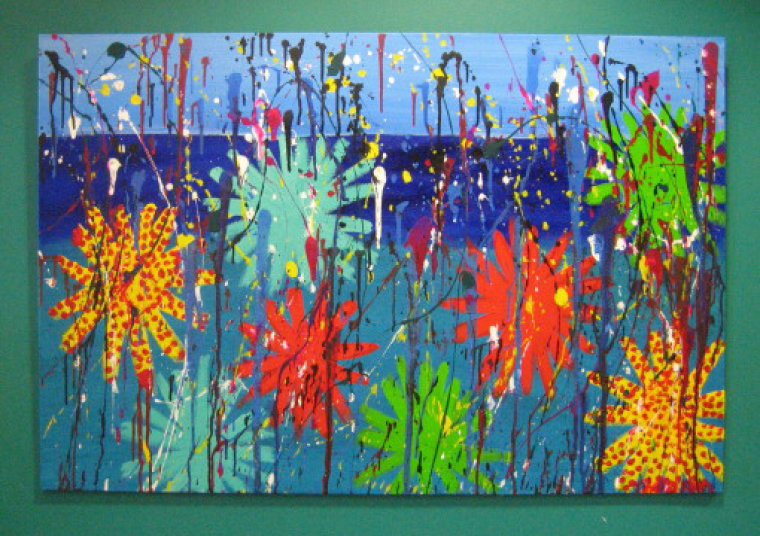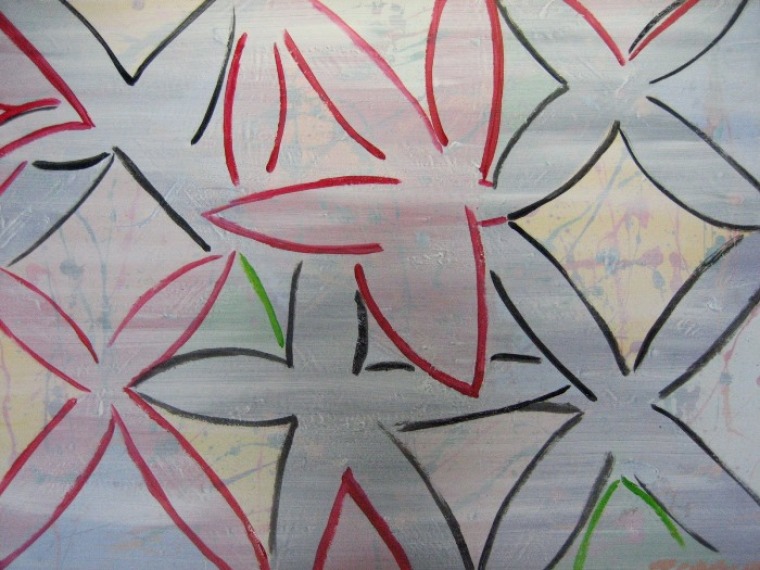
Science week—I have been inspired to revisit and revise this article after my relatives described a visit to the “Museum of Clean” at Pocatello, Idaho, USA during a road trip they took when visiting Yellowstone National Park. It is a veritable history lesson of all manner of machines and contraptions and solutions used over the years to keep people and their homes clean.
But, this article describes a different level of clean that the curators of the Clean Museum would never even have thought about! Its facilities are necessary to help keep agricultural diseases out of our land.
The Elizabeth Macarthur Research Institute (EMAI) is one of the NSW Department of Primary Industries' facilities, situated near Camden, NSW. This historic site is part of John and Elizabeth Macarthur's former farm which was where our famous Merino sheep were first bred.
Australia still relies in part on agriculture for its survival, and we are fortunate that we are an island continent because this helps us to keep out many of the worst animal and plant diseases out. But our quarantine measures, effective and strict as they are, can never be perfect; because humans are never perfect.
Not only that, sometimes diseases arise from natural sources – such as the Hendra virus that infects bats, but has killed many horses and several people who came in contact with those horses. Recently, a vaccine has been developed in Australia, by researchers working on different aspects of the problem in various very specialist, super-clean laboratories at EMAI, CSIRO (Commonwealth Scientific and Industrial Research Organisation) and CSL Limited. (This achievement has been mentioned in another article).

The effectiveness of everyday cleanliness
In reading about these labs, I was reminded of the Old Testament traditions that extoll cleanliness, that helped the Jews survive in the desert where there was no plentiful water and no modern hygienic kitchens or bathrooms. For example, after an illness, Leviticus chapter 15, verse 13 prescribes: "...and wash his clothes, and bathe his flesh in running water, and shall be clean"
This ancient advice is scientifically shown to be perfectly adequate for removing germs from our hands (flesh), particularly when the hands are dried properly. I have read many recent studies that give data about alcohol swabs or antiseptic soaps being NOT so effective as soap and running water, particularly for viruses. Antiseptic solutions may be detrimental to our health and may promote antibiotic-resistant bacteria, and they also kill the naturally 'good' bacteria on our skin which protect us from the 'bad guys'.
Of course, hospital operating theatres need to take special care because surgery breaks the natural skin barrier, and can easily allow an infection to enter the body unless extreme care is taken. The medical staff practise a rigorous level of cleanliness, and use sterilised equipment and clothing in well-tried practices that have been proven to be safe and effective in protecting the patient.

Australia has specialist laboratories for safe handling of dangerous organisms
However, the scientists who work with known cultures of disease-causing micro-organisms (viruses, bacteria, fungi—colloquially called "germs") need to take even more precautions to keep themselves safe; and to keep the community safe by not allowing any tiny particle or cell of a virulent organism to escape into the environment. They need to follow extremely strict protocols that I think of as a modern extension of the Biblical wisdom, tailored to a particular situation.
In Australia, there are several specially built laboratories where staff are trained to use the highest level of ultra-clean techniques, equipment and sterilising agents. In addition to private labs such as CSL, there are Government facilities run by CSIRO, Australain Quarantine Service, and State and Federal departments overseeing Primary Industries and Health. One of the most recently upgraded labs was the CSIRO's Australian Animal Health Laboratory at Geelong, Victoria.
But new and improved practices are always being put in place. Any one laboratory will not be equipped for every specialist test. In any case it is a good idea to have 'back-up' of laboratories and staff in case of a disease outbreak that needs extra facilities to investigate.
Improved labs enable scientists to be continually vigilant
I was interested, therefore, when I first wrote this article, to read of the opening of a super-clean laboratory at the EMAI in 2012 that encompasses the very latest in biosecure strategies. The building itself has also won an award for its excellent design and construction which of course makes it easier to maintain best scientific practices.
It employs 180 scientific staff, and that hundreds of thousands of tests for all sorts of diseases, including new flu strains, will be conducted each year at this facility.
In these days of rapid movement around the world of people, animals, plants and food, I find it reassuring to reflect that our hard-working scientists are keeping up with the latest research in order to keep us and our agricultural industry as safe as possible; and to do so, they 'really' know about “clean”.
Revised. First published January 28, 2013

Dr Mark Tronson is a Baptist minister (retired) who served as the Australian cricket team chaplain for 17 years (2000 ret) and established Life After Cricket in 2001. He was recognised by the Olympic Ministry Medal in 2009 presented by Carl Lewis Olympian of the Century. He mentors young writers and has written 24 books, and enjoys writing. He is married to Delma, with four adult children and grand-children. Dr Tronson writes a daily article for Christian Today Australia (since 2008) and in November 2016 established Christian Today New Zealand.
Mark Tronson's archive of articles can be viewed at http://www.pressserviceinternational.org/mark-tronson.html

Dr Mark Tronson - a 4 min video
Chairman – Well-Being Australia
Baptist Minister 45 years
- 1984 - Australian cricket team chaplain 17 years (Ret)
- 2001 - Life After Cricket (18 years Ret)
- 2009 - Olympic Ministry Medal – presented by Carl Lewis
- 2019 - The Gutenberg - (ARPA Christian Media premier award)
Gutenberg video - 2min 14sec
Married to Delma for 45 years with 4 children and 6 grand children